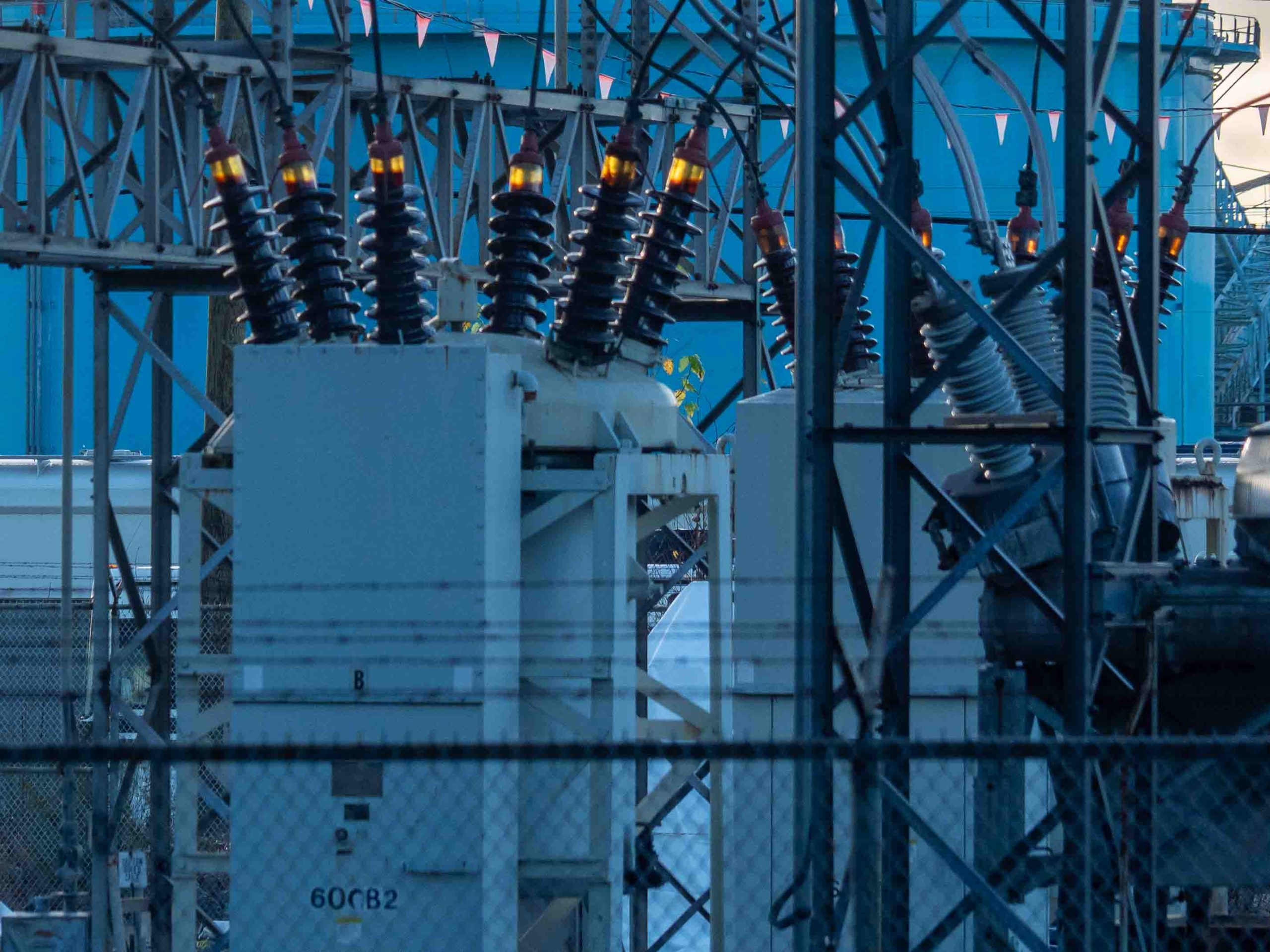After detailed scrutiny by the BCUC, FortisBC’s Fruitvale substation project will go ahead, despite local opposition.
But are the BCUC and the government applying the same standards to BC Hydro’s projects?
Background
On September 4, 2024, the BCUC granted a Certificate of Public Convenience and Necessity (CPCN) to FortisBC Inc. (FBC) to construct a new electricity substation at Fruitvale, BC, replacing two aging substations in the area. The $19 million project is scheduled to be in service by the end of 2026.
FBC does not normally require a CPCN for projects with a capital cost less than $20 million. Instead, projects below this threshold are evaluated by the BCUC in the utility’s annual review of rates. The BCUC initially approved the project in December 2022 as part of FBC’s forecast capital expenditures in its 2023 annual review proceeding.
However, in May 2023, a complaint was filed with the BCUC concerning the location of the proposed substation. By June 2023, the BCUC had received an additional seven complaints regarding the substation, and as a result, the BCUC determined that a full CPCN proceeding was required to examine the project, notwithstanding that it was below FBC’s $20 million threshold.
In awarding the CPCN, the BCUC confirmed that FBC needed to replace the two existing substations, due to the increased risk of outages from the aging 1950’s and 1960’s equipment. The BCUC also determined that FBC’s proposed location for the new substation was the best alternative available.
Unsurprisingly, given that the proceeding was initiated as a result of public complaints, the BCUC examined in detail the stakeholder consultation that FBC had conducted prior to selecting the site for the new substation. The BCUC found that FBC’s consultation had been adequate, stakeholders had been given sufficient opportunity to provide input, and that FBC had reasonably accommodated concerns raised during the consultation.
Analysis
The additional BCUC scrutiny that the Fruitvale substation project received convinces me that FBC had no better option to continue to provide reliable electricity service in the area. While not all the local residents will agree with the decision, they had an opportunity to present their case (one of them intervened in the proceeding, and the BCUC received 41 letters of comment) and they received written reasons for the BCUC’s decision.
More interesting is whether the proceeding should have happened at all.
Smaller projects like these are usually reviewed “in bulk” without a CPCN proceeding, as part of the utility’s annual review (other utilities, including BC Hydro, also have capital investment thresholds below which projects are reviewed without a CPCN proceeding). This is an efficient process that has worked well for years, avoiding proceeding costs that would be passed on to consumers, while allowing some degree of regulatory scrutiny.
But the BCUC retains the right to conduct a full CPCN proceeding if it thinks one is required. Sometimes concerns are identified by the BCUC or interveners during the utility’s annual review. In this case, the degree of local public concern (a petition was circulating in the area as early as February 2022) was sufficient for the BCUC to determine that a CPCN proceeding was appropriate.
The BCUC would quickly grind to a halt if every complainant could cause even the smallest project to require a CPCN. After all, there will be a lot of new electricity infrastructure projects in the province as we seek to electrify the economy (BC Hydro already plans $36 billion of investment projects over the next ten years). There are going to be a lot of projects going on in a lot of people’s back yards.
However, if the BCUC has concerns about a project, then a transparent process with opportunity for public intervention, leading to a clear decision with comprehensive reasons, is the way to go.
Double standard?
In this case, the additional scrutiny applied to the project proposal made sense. But we appear to be heading in the opposite direction when it comes to regulating BC Hydro’s proposed projects.
The BCUC recently raised BC Hydro’s capital project threshold so that power systems projects of up to $250 million will no longer require a CPCN (the former threshold was $100 million). Power systems projects under the threshold will be reviewed in BC Hydro’s rates proceedings, but this puts the onus on public advocacy groups to review these projects at a time when the BCUC is cutting back on their involvement (for example limiting the number of questions they can ask in proceedings).
The BC Minister of Energy recently exempted six BC Hydro substation projects in the greater Vancouver area from any BCUC review at all. She also strongly hinted that she would like the BCUC to exempt a much wider range of BC Hydro projects from scrutiny, if BC Hydro happens to ask.
Is there one standard for the government-owned BC Hydro, and another for everyone else?


